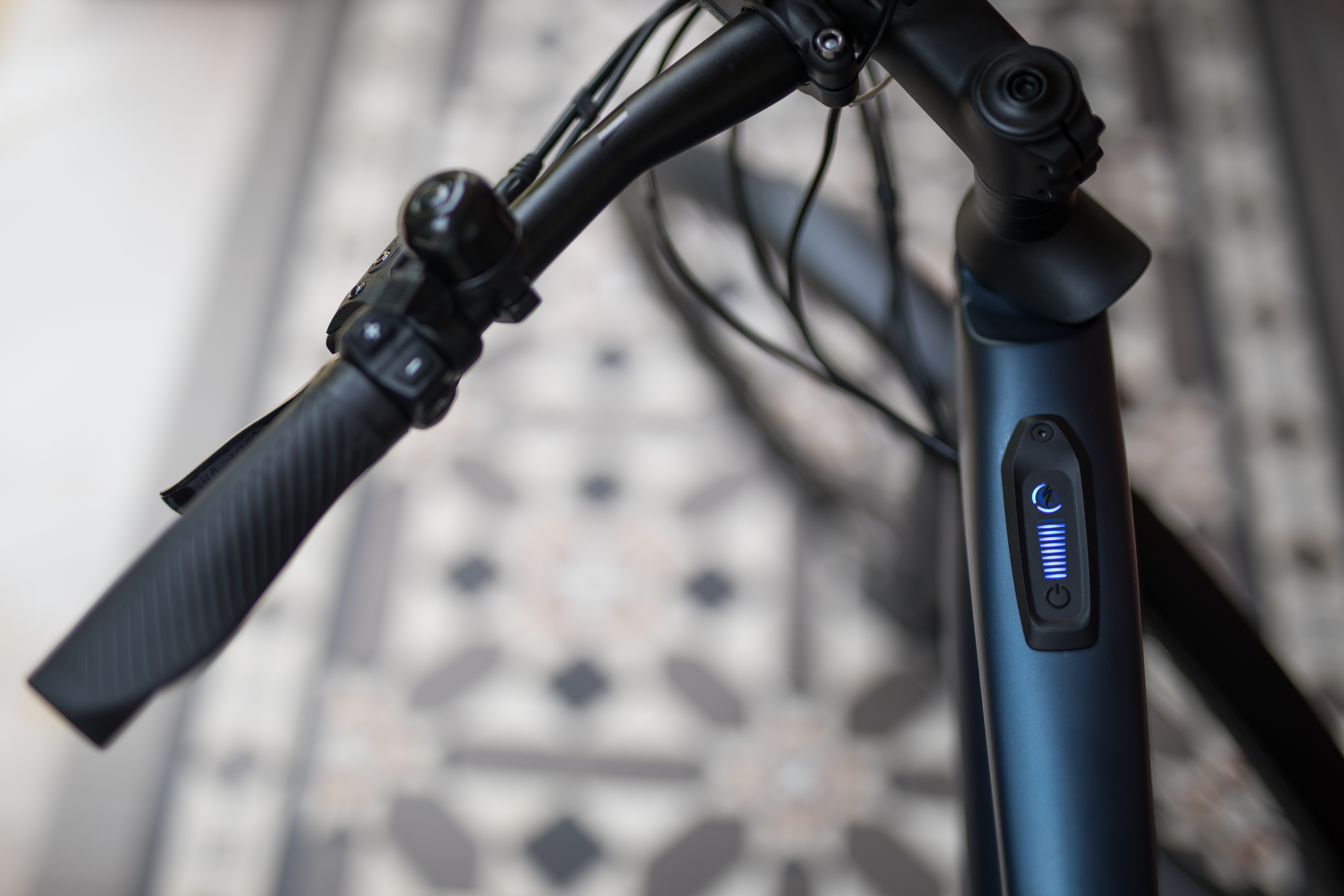PFEW Roads Policing Lead Brian Booth has discussed the ongoing pressures faced by police in relation to the increase of electric vehicles on the roads of England and Wales.
On BBC Radio 5 Live, Brian explained the effects electric bikes are having on policing: “The electrification of vehicles has expanded throughout this country massively. We have got three common types, e-bikes (electrically assisted pedal cycle) themselves, e-scooters and e-motorcycles, all with different characteristics.
“A lot of these vehicles carry massive amounts of danger for the public because they are silent, and these electric vehicles are a lot quicker than the petrol counterparts that are available to buy.
“We also have the elements of where people can modify vehicles and make them something else. This is a very complex area of policing. The Road Traffic Act itself is very complex, but this is just an added complicating factor to deal with.”
The rise in the use of the vehicles, especially e-motorcycles which can travel at high speeds, is now more prevalent as government and society moves away from petrol and diesel in favour of green energy, commented Brian.
“We've got to really get ahead of the game,” he added. “Though the regulations are you can ride an e-bike from 14 years up, without a crash helmet or a licence, and can go up to speeds of 15.5 miles per hour motor assisted, some E-scooters can reach maximum speeds of up to 60 miles per hour - but how can the police identify what type of a bike someone is using?”
An electric bike requires you also to have pedals that are able to be used to propel the bike, but many people do not realise this when buying one, explained Brian.
“Some vehicles are not fit to go on the roads or require insurance and number plates etc. E-scooters are not road legal unless they are under a scheme run by the Department of Transport, normally in city settings. We need proper public education to keep up with the speed of the developments in the legislation of vehicles,” he added.
When asked what parents or those purchasing e-bikes for their loved ones should be looking out for, Brian commented: “One of the first questions should be can that vehicle be used lawfully on the road? Secondly, the rider. Can they lawfully use it on the road, and do they need insurance?
"But as a parent of loved ones, you want to make sure they've got the correct protective equipment and question if they aware about the dangers of the vehicles.
“As they're using the road, they are so quiet, and motorists will not hear them. Sometimes they're out of sight and out of earshot. That's a really dangerous situation for any rider to be in.”
Brian concluded with the current policies in place for police officers in pursuit of a vehicle if deemed necessary.
"The College of Policing publishes guidance on all police matters around pursuits. One thing that is really clear from this is police officers will deal with this as another vehicle. Just because it's powered by electric doesn't mean it's any different in its dealing with than if it was unlawfully used as a petrol engine or a diesel engine.”














